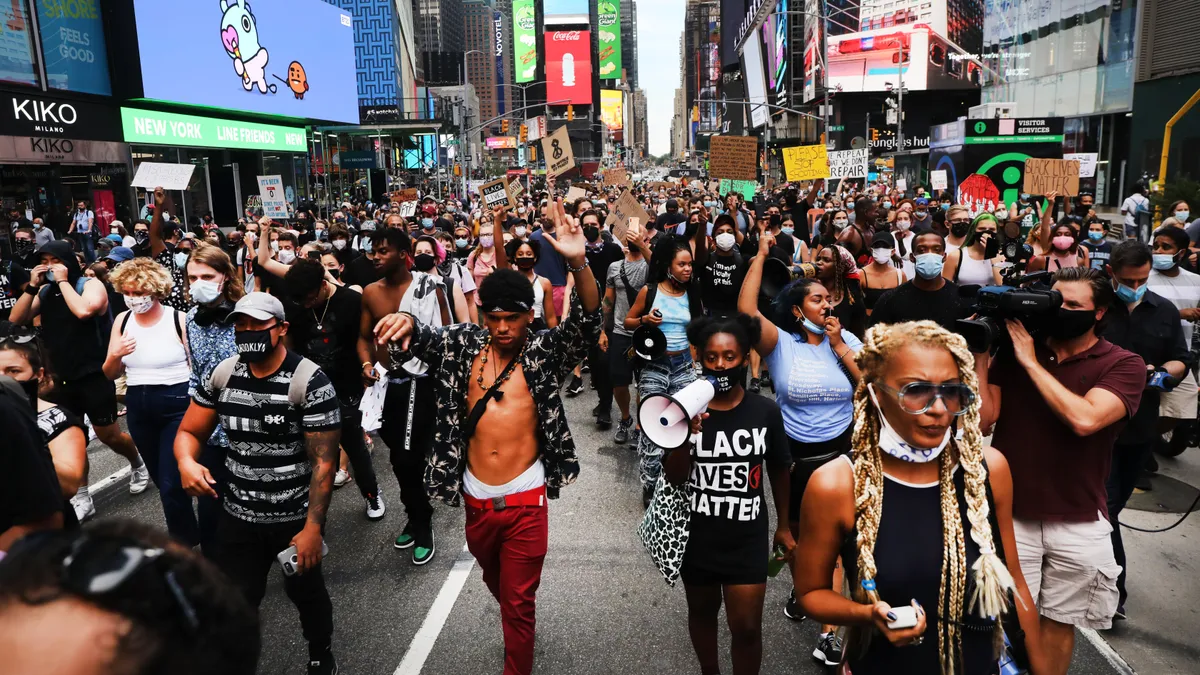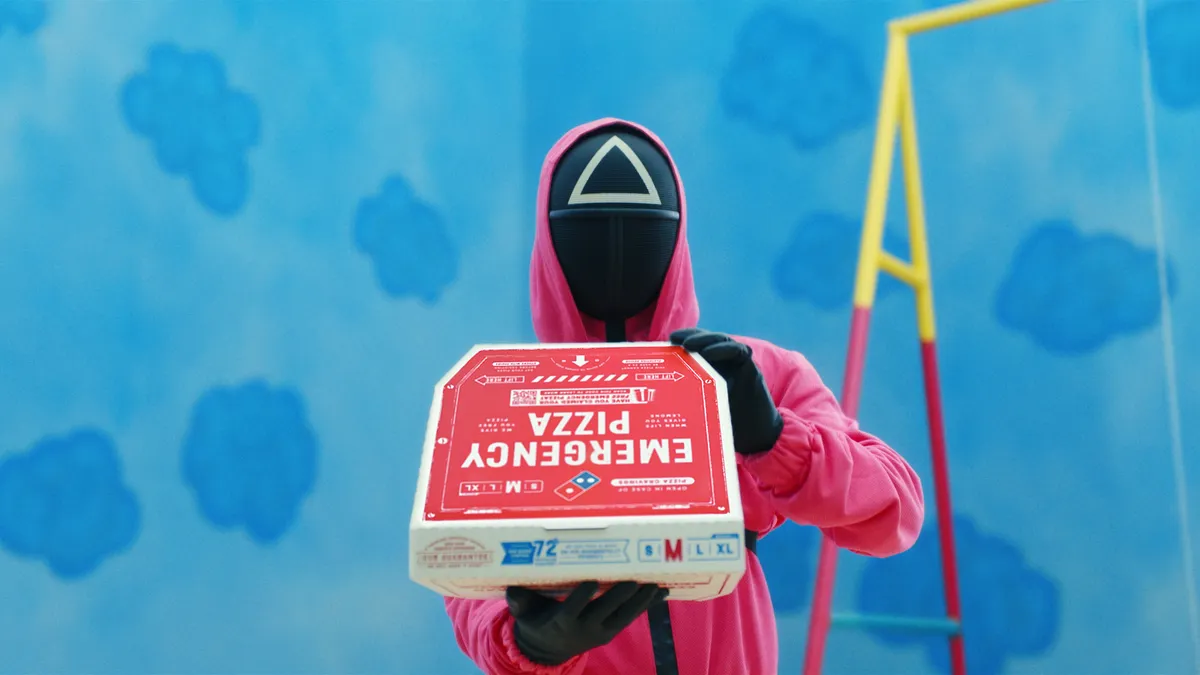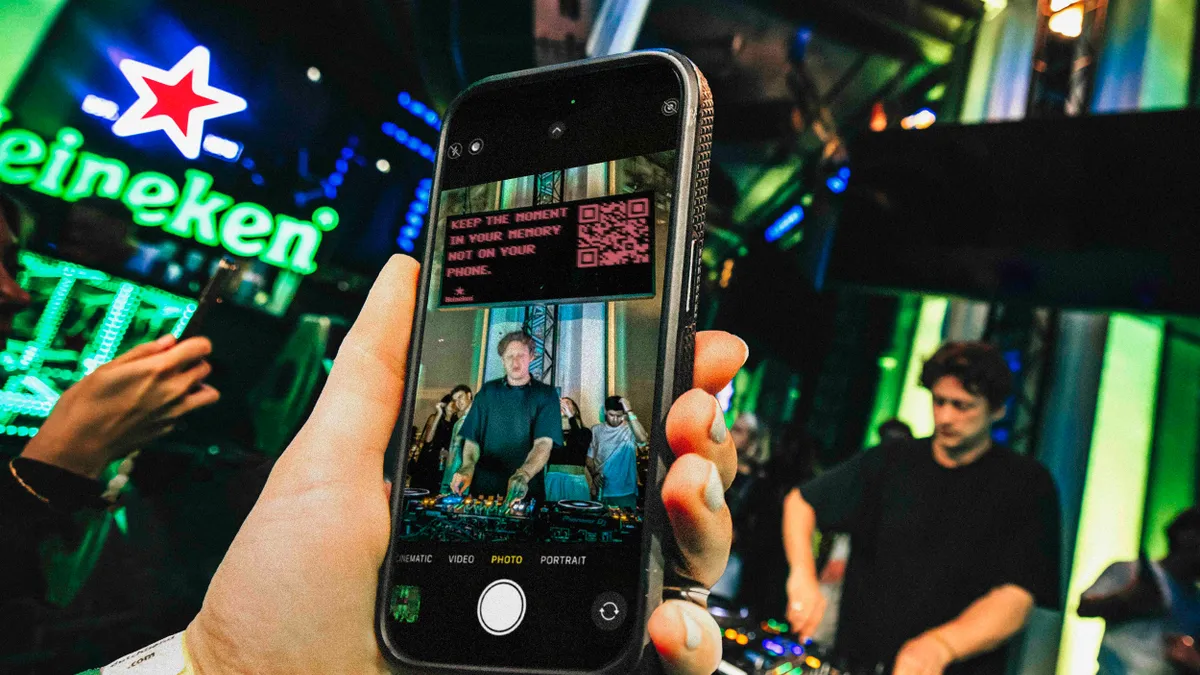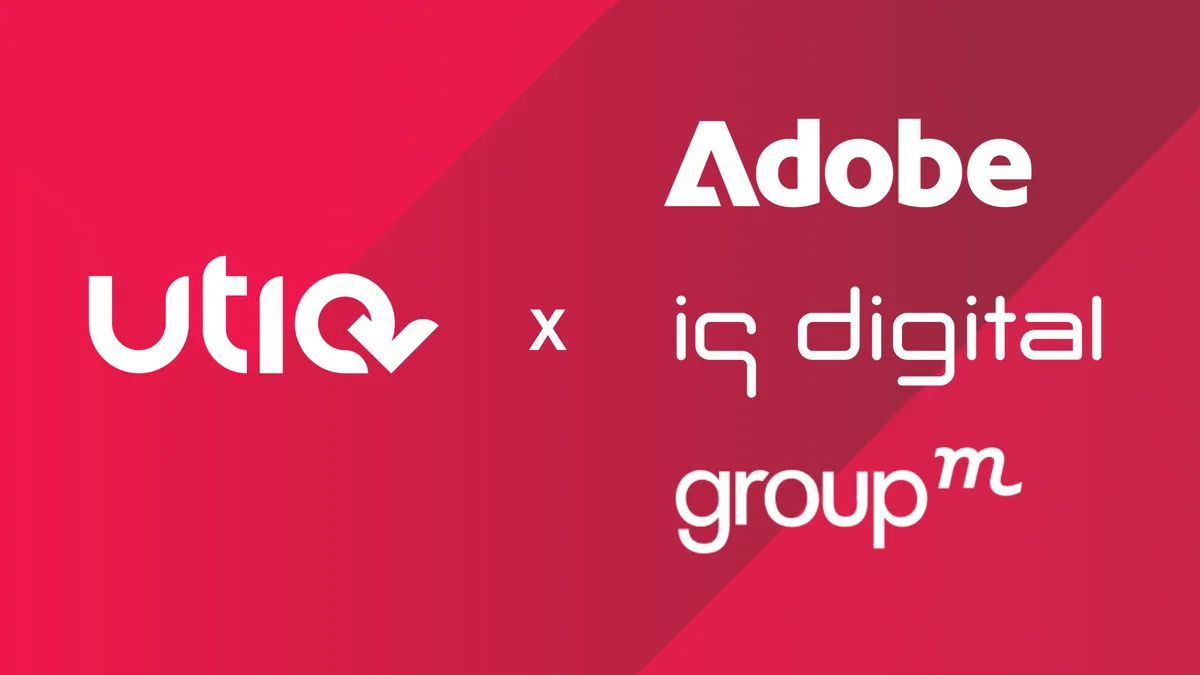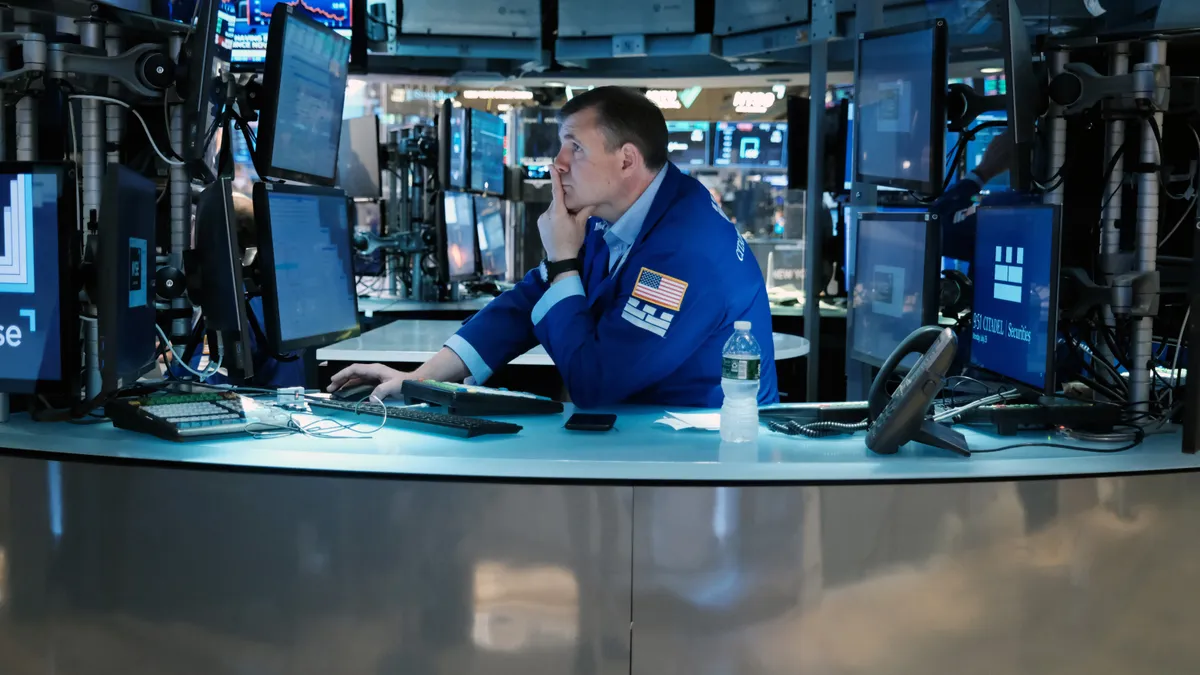Nearly a year ago, as protests against racism and police violence erupted around the world, countless companies announced their commitment to diversity, equity and inclusion (DEI). As the grim one-year anniversary of the tumult approaches, some are asking what firms are doing to create real change, and how to keep them accountable.
Three-quarters of U.S. professionals said their companies have not made meaningful progress on creating an equitable environment at their companies for employees of color, per a survey by social impact nonprofit Hue conducted in late 2020. Compared to other job functions, marketers are twice as likely to report that their employer has not addressed recruitment, equal access to opportunity and increasing visibility for Black, Indigenous and people of color (BIPOC) employees. Marketers also struggle with a lack of access to opportunities and report a gap in support for mid- to senior-career levels, per the research.
In the agency space, some creative shops publicly released internal diversity data last summer, mostly demonstrating the amount of work that still needed to be done, from recruiting on up. Yet for an advertising industry increasingly looking to boost diverse talent throughout the media ecosystem, there's a need to empower voices — not just hire them.
Elevating established talent
DEI efforts often begin with hiring for entry-level positions, usually with recent college graduates, according to Andre Rowe, director of BBDO Studios, the agency's in-house production company. This approach, however, often leaves out established creatives, including directors, photographers, producers, copywriters, art directors, graphic designers, editors and animators.
One way BBDO is attempting to address these challenges is with the BBDO Studios Collective, a career development initiative intended to help diverse, underrepresented creative professionals break into and thrive in the agency world.
"We wanted to target a group of underrepresented creators who have had various experiences and the training needed to be successful in the industry, but for whatever reason, haven't had those opportunities, haven't made the connections, don't know how to have meetings with clients or have meetings with various advertising partners," Rowe said.
Rowe and a colleague at BBDO came up with the idea for the concept last year, as the world was gripped by the dual pandemics of coronavirus and racist violence. He was "anxious" when presenting the idea to senior leadership, but said he had immediate buy-in from BBDO New York CEO Kirsten Flanik.
The collective launched in January with an inaugural class of five creators. The effort includes programming each week, including a newsletter about trends in the industry and projects at BBDO; a video series showcasing individuals within the agency network; and roundtable discussions about everything from agency infrastructure to production processes. Eventually, the program will include shadowing opportunities and introductions to production bidding and reel development — the latter a particular hurdle for those looking to enter the ad space.
The ultimate goal of the program is to help members of the collective get to work on billable projects for BBDO clients. The agency is working on a creative development department that will help creatives to book straight-to-client work that the agency would not be able to complete otherwise due to budget or timing constraints. For clients, it's a way to get the quality of work they expect from BBDO, without dedicating the time or resources needed on larger campaigns. For members of the collective, it's real-world experience.
"Once we get these RFPs or pitch ideas from clients, we're able to open it up to the collective and be like, 'This is what's coming through. We'd love to see what ideas you all may have. Let's jump on a call and have a writers' room, mosh pit of ideas and recommendations, and then hopefully get someone that can truly build up the idea,'" Rowe said.
Real opportunities for creators
Along with several months of programming, the BBDO Studios Collective has already yielded a few opportunities for collective members. In February, BBDO partnered with racial justice organization Color of Change on The Pedestal Project, an effort that let Instagram users place racial justice leaders atop empty pedestals where Confederate statues once stood through the use of augmented reality. Collective member Geneva Peschka, a documentary filmmaker who has worked with Adobe and Audible, contributed to the project.
A Canadian-American living in Brooklyn, Peschka has spent more than a decade — including five years at a production company — working to make connections in the production industry. For her, the collective offers not just education and resources on topics like camera work, design and pitch writing, but acts as a corrective to past bad experiences in the industry.
"It creates a space that is inclusive and approachable. You can start conversations and you can ask things, whereas in the past, things have just felt like doors were closed: you'd send an email, you try to reach out to somebody, and it's like, 'No thanks' or you won't even get a response. With BBDO Studios Collective, the doors are open," Peschka said.
For a creator who describes herself as a collaborative storyteller, the collective also serves as a community that can help rewrite narratives by bringing their authentic experiences to different platforms, in advertising and beyond.
"Advertising really controls narratives for the world, and what people digest and think is real. So this is an opportunity for us to write a beautiful reality that is inclusive and that is rich," she stated.
The opportunity to create more diverse narratives extends beyond advertising to the entire industry. It is an opportunity that Rowe takes seriously.
"If I've had this place where I can bring other people in, then if it's my responsibility to do that, and if I'm not doing that, I'm doing a disservice to our clients, to our industries, and also to our world," he said. "I think that those perspectives are what's going to make our work as an agency and as an industry more powerful and more thought-provoking."



